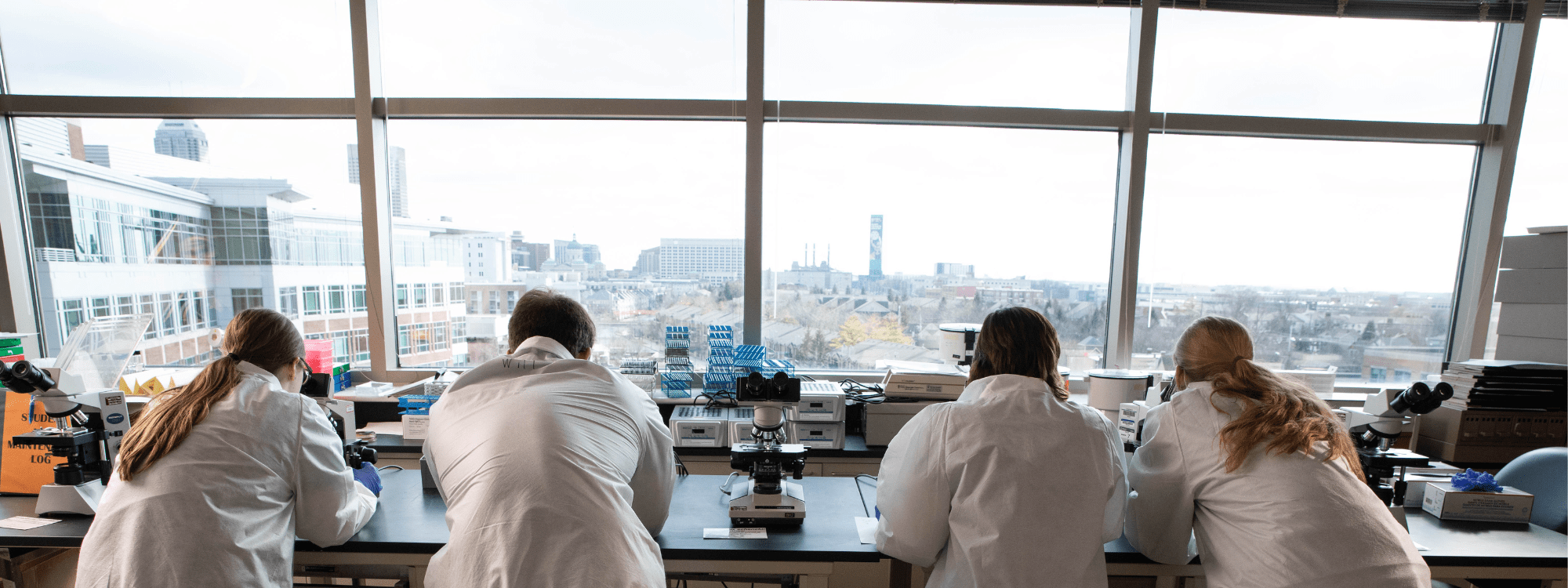Many department faculty maintain laboratories and staff to perform both basic and clinical research projects. The main themes of research by faculty investigators in the Department of Pathology and Laboratory Medicine are degenerative neurological diseases, cancers, tissue injury, inflammation and infection, and metabolic disturbance and stem cells. The department’s research has been broadly involved in the understanding of the molecular mechanism of cancer biology, in the establishment of better pathology diagnosis and in the development of novel cancer therapies.
The department is expanding its research program by recruiting scientists in areas that synergize with our clinical efforts, including immunology, oncology, spatial biology, neurodegeneration and computational pathology. We will also focus on a "bench to bedside" approach since our department is in a unique position to help translate basic science findings into clinically actionable diagnostic tests.

